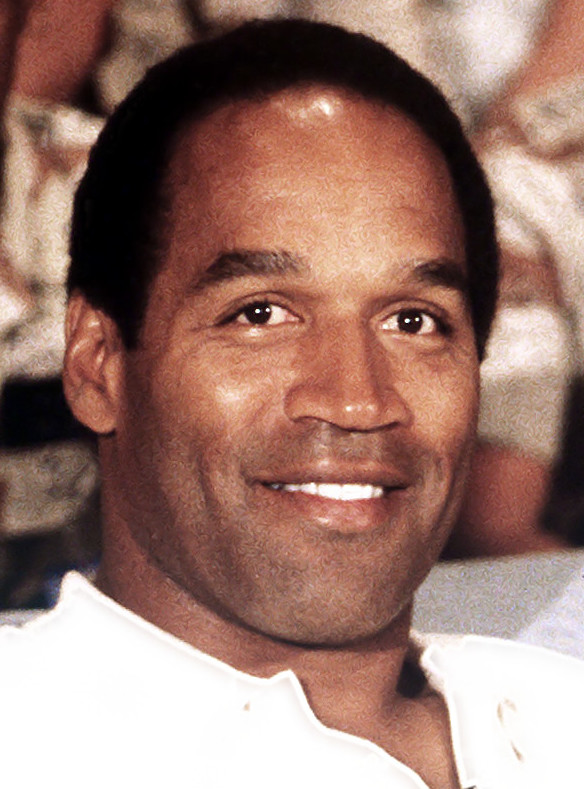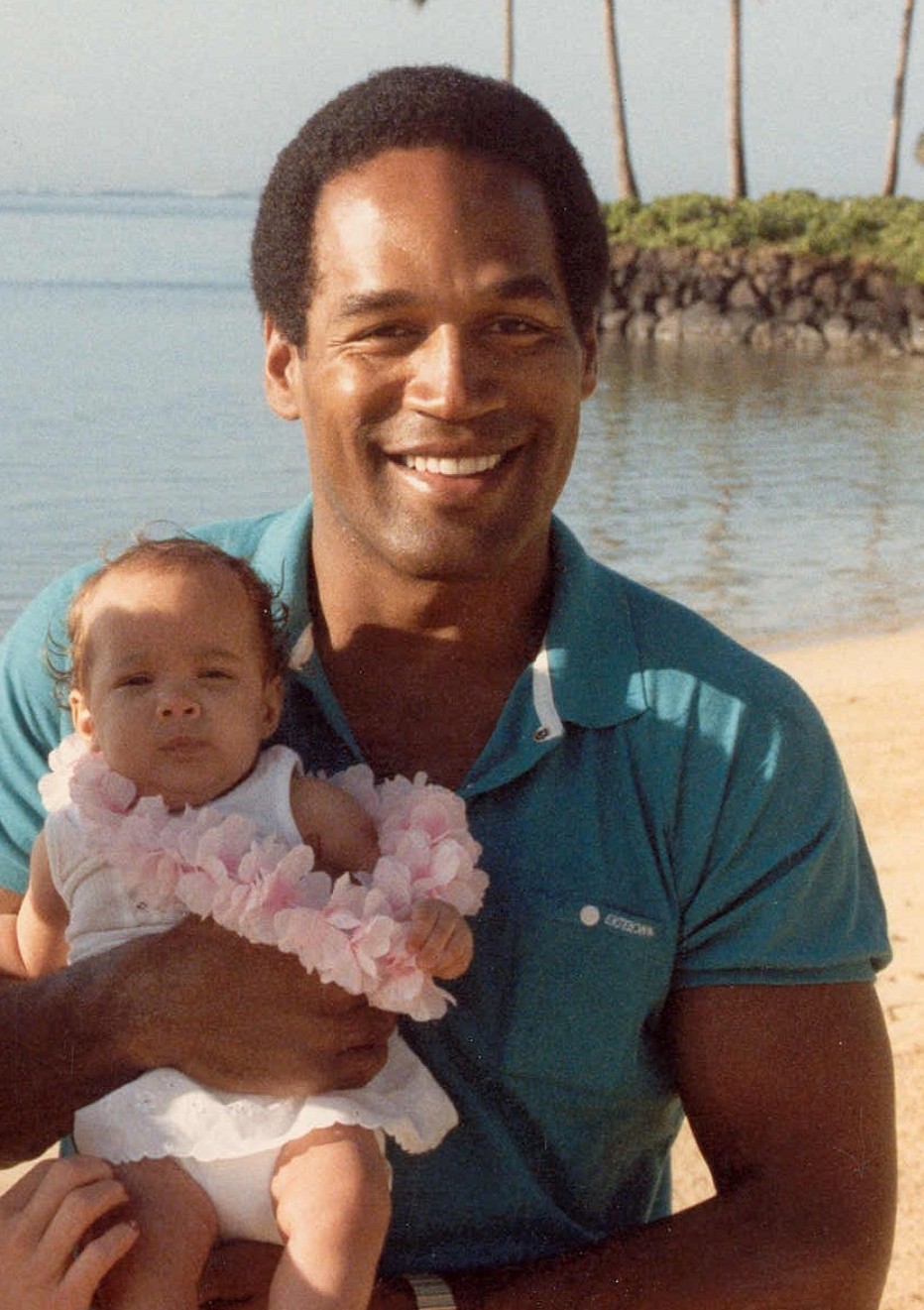In the realm of high-profile criminal trials, few have captured the public's attention and sparked as much debate as the case of O.J. Simpson. Decades have passed since the trial of the century, yet the question of Simpson's guilt or innocence remains a topic of fervent discussion. Central to this discourse is the role of race—a complex and deeply ingrained factor that continues to shape perceptions and opinions surrounding the case.
 O. J. Simpson https://en.wikipedia.org/wiki/O._J._Simpson
O. J. Simpson https://en.wikipedia.org/wiki/O._J._Simpson
From the outset, the O.J. Simpson trial was fraught with racial tensions. The brutal murders of Nicole Brown Simpson and Ronald Goldman thrust the case into the spotlight, but it was the intersection of race, celebrity, and the criminal justice system that propelled it into the annals of history. As the trial unfolded, it became increasingly clear that race would play a significant role in shaping public perception and attitudes towards Simpson's guilt or innocence.
For many, Simpson's status as a prominent Black figure in American culture fueled a sense of solidarity and distrust towards law enforcement and the judicial system. Decades of systemic racism and injustices had cultivated a deep-seated skepticism among communities of color, leading some to view Simpson as a victim of racial bias and a symbol of resistance against a flawed system.

Murder trial of O. J. Simpson https://en.wikipedia.org/wiki/Murder_trial_of_O._J._Simpson
Conversely, others viewed Simpson's celebrity status and wealth as evidence of privilege and entitlement—a stark reminder of the racial disparities that permeate society. The prosecution's portrayal of Simpson as a violent and abusive husband resonated with those who saw the case through the lens of domestic violence—a pervasive issue that disproportionately affects women, particularly women of color.
As the trial unfolded, the racial divide became increasingly apparent, with polls showing stark disparities in attitudes towards Simpson's guilt or innocence along racial lines. While some saw Simpson as a scapegoat for a broken system, others believed he had received preferential treatment due to his fame and fortune.

O. J. Simpson https://en.wikipedia.org/wiki/O._J._Simpson
Decades later, the legacy of the O.J. Simpson case continues to reverberate through society, serving as a stark reminder of the enduring impact of race on the criminal justice system.
As we reflect on this pivotal moment in history, it's essential to confront the uncomfortable truths it reveals about the intersection of race, power, and privilege—and to strive towards a more just and equitable future for all.